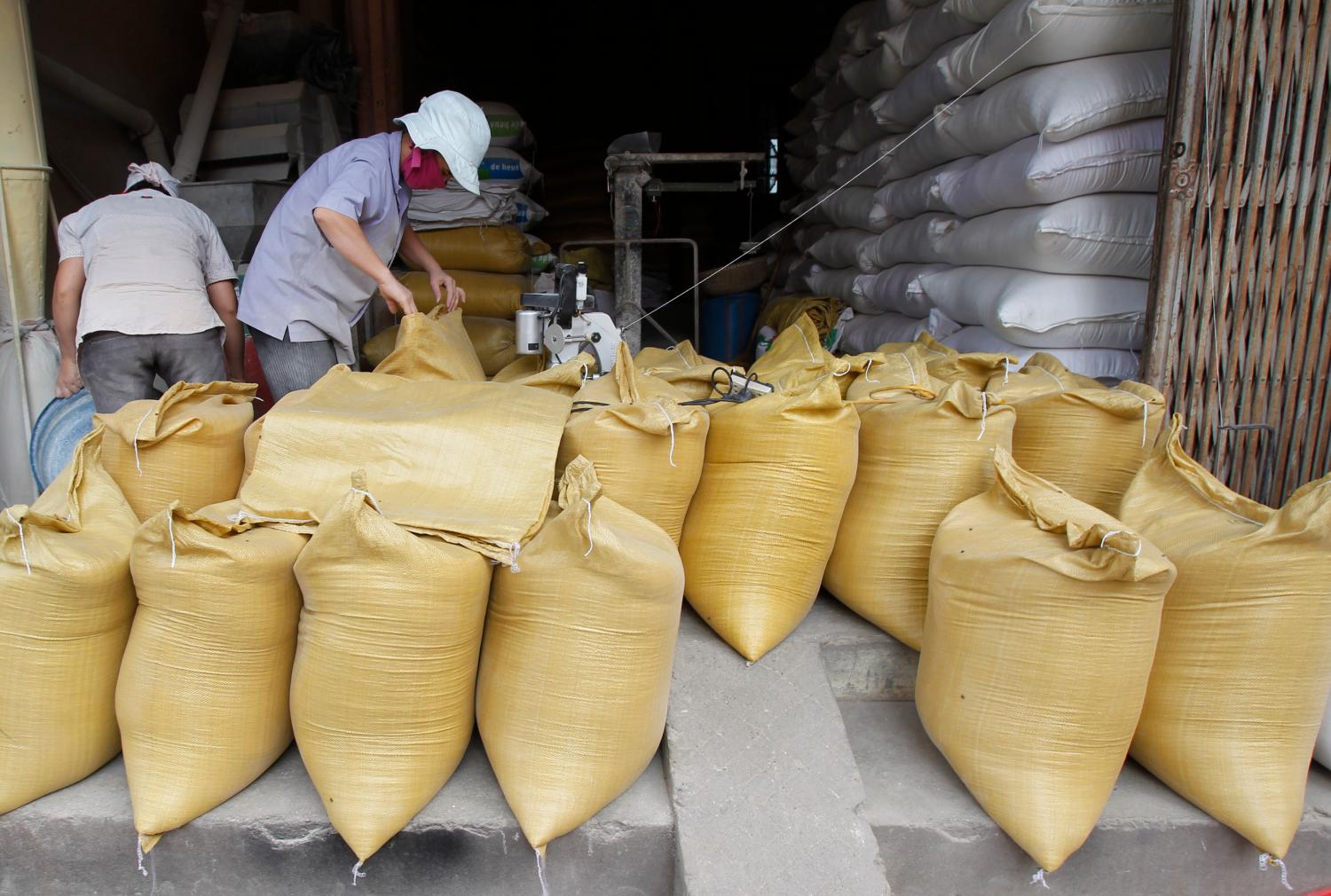Public procurement—the purchase of goods, works
and services by governments—is treated too often
by policy-makers and development aid practitioners as
an administrative “plumbing and wiring” issue, best left
to procurement technicians and contract attorneys.
Like the car engine for the typical driver, procurement
is recognized as important for the functioning of the
overall system, but not necessary to understand on its
own. Follow the instructions (comply with the rules),
and all will go well. What is at stake, however, is a powerful
instrument in the toolbox of good governance
proponents. To look at procurement as simply an issue
of compliance is to view its development impact
through too limited a lens. Procurement, representing
on average 13 percent of GDP and a third of government
expenditures in OECD countries, helps determine
the quality of government expenditures as well as the
fiduciary credibility of public sector management. It is a
key variable in determining development outcomes. To
be effective, it requires the active engagement of the
full range of development stakeholders.
The timing of this discussion at a conference on
governance is important, as international financial
institutions (IFIs), particularly the World Bank and the
African Development Bank (AfDB), are in the process
of reviewing and overhauling procurement policies
and guidelines for the projects they finance—the
first such overhaul in decades. Both the World Bank
and the AfDB have developed framework papers to
guide their reforms and are consulting extensively
with stakeholders all over the world. Between June
and December of 2014, the proposed reforms will be
detailed and discussed. These efforts coincide with
the evolution of development finance as well as worldwide
procurement reforms (EU guidelines, the WTO
Government Procurement Agreement, and the United
Nations Commission on International Trade Law).
The purpose of this paper is to ensure the engagement
of the broadest range of stakeholders, especially
policymakers and aid practitioners, to raise key issues
with implications for public sector governance, and to
lay out a framework for addressing contentious and
seemingly irreconcilable differences among the various
actors. The paper is based on a range of sources,
including the substantial reviews and analyses conducted
in recent years by the IFIs. The sections are
set forth according to the following five questions:
- Where does procurement fit in the global governance agenda?
- Why isn’t anyone looking at procurement in terms of development outcomes?
- Is it really only about the bid and award stage of the procurement cycle?
- Should I follow the rules or apply my best judgment?
- Where do I fit in as a stakeholder?




